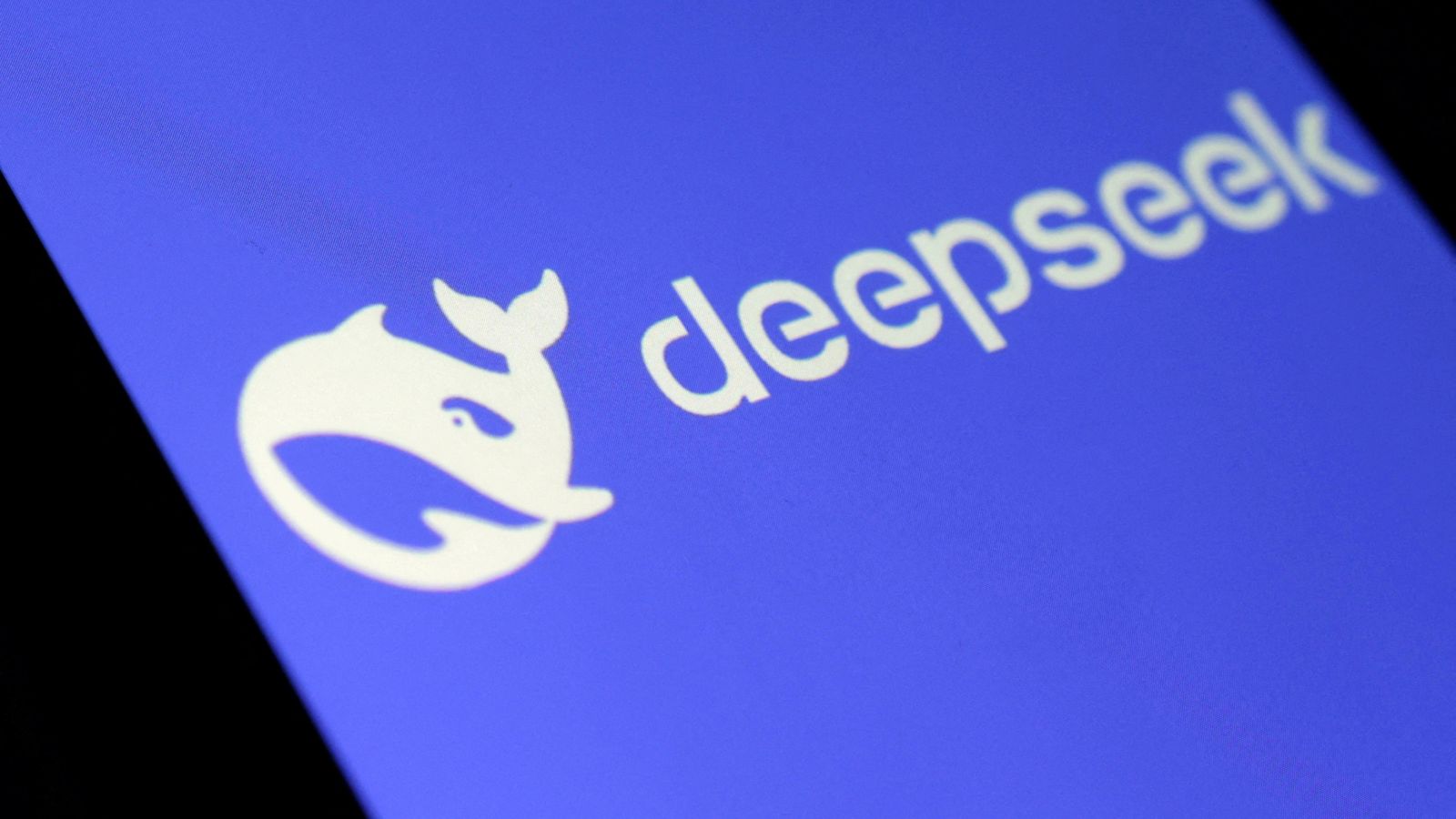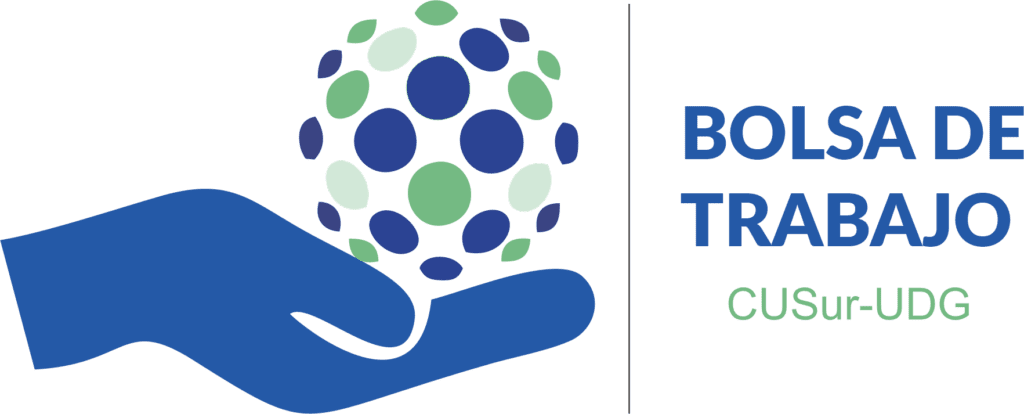
Sarmutas
FollowOverview
-
Founded Date agosto 15, 1929
-
Sectors Negocios Internacionales
-
Posted Jobs 0
-
Viewed 53
Company Description
Nigerian Students Turn to aI For Tests Answers, Lecturers Raise Alarm
Artificial Intelligence (AI) is changing education while making finding out more accessible but also stimulating arguments on its impact.
While trainees hail AI tools like ChatGPT for enhancing their learning experience, speakers are raising concerns about the growing dependence on AI, which they argue fosters laziness and undermines academic integrity, particularly with many trainees not able to defend their projects or given works.
Prof. Isaac Nwaogwugwu, a lecturer at the University of Lagos, in an interview with Nairametrics, expressed aggravation over the growing reliance on AI-generated actions amongst trainees recounting a recent experience he had.
RelatedStories

Avoid sharing individual details that can identify you with AI tools- Expert warns
Chinese AI app DeepSeek sparks global tech selloff, difficulties U.S. AI supremacy
“I gave a task to my MBA students, and out of over 100 trainees, about 40% submitted the specific very same answers. These students did not even know each other, but they all used the very same AI tool to create their responses,” he said.

He noted that this trend prevails amongst both undergraduate and postgraduate students however is specifically concerning in part-time and distance knowing programs.
“AI is a severe challenge when it concerns tasks. Many trainees no longer believe critically-they simply go on the internet, generate answers, and submit,” he added.
Surprisingly, some lecturers are also accused of over-relying on AI, setting a cycle where both teachers and students turn to AI for convenience instead of intellectual rigor.
This debate raises important questions about the role of AI in scholastic stability and student advancement.
According to a UNESCO report, while ChatGPT reached 100 million month-to-month active users in January 2023, just one country had launched policies on generative AI since July 2023.
As of December 2024, ChatGPT had over 300 million people utilizing the AI chatbot each week and 1 billion messages sent every day around the globe.
Decline of scholastic rigor
University speakers are significantly concerned about students submitting AI-generated assignments without really understanding the content.
Dr. Felix Echekoba, a speaker at Nnamdi Azikiwe University, expressed his concerns to Nairametrics about trainees progressively depending on ChatGPT, akropolistravel.com just to deal with answering fundamental concerns when tested.

“Many trainees copy from ChatGPT and send sleek tasks, but when asked standard questions, they go blank. It’s disappointing because education is about finding out, not just passing courses,” he stated.
– Prof. Nwaogwugwu pointed out that the increasing number of first-class graduates can not be totally associated to AI however confessed that even high-performing students use these tools.
“A top-notch trainee is a superior trainee, AI or not, but that doesn’t mean they do not cheat. The benefits of AI might be peripheral, however it is making trainees reliant and less analytical,” he said.
– Another lecturer, Dr. Ereke, from Ebonyi State University, raised a various issue that some speakers themselves are guilty of the very same practice.
“It’s not just students utilizing AI slackly. Some speakers, out of their own laziness, produce lesson notes, course describes, marking plans, and even test questions with AI without examining them. Students in turn utilize AI to generate responses. It’s a cycle of laziness and it is killing real knowing,” he regreted.

Students’ perspectives on usage
Students, on the other hand, state AI has improved their learning experience by making scholastic products more understandable and available.
– Eniola Arowosafe, a 300-level Business Administration trainee at Unilag, shared how AI has substantially aided her learning by breaking down complex terms and offering summaries of lengthy texts.
“AI helped me comprehend things more easily, particularly when handling intricate topics,” she explained.
However, she remembered a circumstances when she utilized AI to send her job, just for her lecturer to right away acknowledge that it was produced by ChatGPT and decline it. Eniola kept in mind that it was a good-bad result.
– Bryan Okwuba, who recently graduated with a top-notch degree in Pharmacy Technology from the University of Lagos, firmly thinks that his academic success wasn’t due to any AI tool. He attributes his exceptional grades to actively appealing by asking concerns and concentrating on locations that lecturers stress in class, as they are often reflected in exam concerns.
“It’s everything about existing, focusing, and using the wealth of understanding shared by my associates,” he stated,
– Tunde Awoshita, a final-year marketing student at UNIZIK, admits to sometimes copying straight from ChatGPT when dealing with several deadlines.
“To be honest, there are times I copy directly from ChatGPT when I have multiple due dates, and I know I’m guilty of that, most times the lecturers don’t get to go through them, but AI has actually likewise assisted me learn much faster.”

Balancing AI‘s function in education
Experts believe the service depends on AI literacy; mentor students and lecturers how to utilize AI as a learning aid rather than a faster way.
– Minister of Education, fishtanklive.wiki Dr. Tunji Alausa, highlighted the integration of AI into Nigeria’s education system, stressing the value of a well balanced approach that preserves human participation while utilizing AI to enhance learning outcomes.
“As we navigate the rapidly developing landscape of Expert system (AI), it is crucial that we prioritise human firm in education. We need to ensure that AI improves, rather than changes, teachers’ important function in shaping young minds,” he stated
Dorcas Akintade, a cybersecurity change expert, addressed growing issues relating to using artificial intelligence (AI) tools such as ChatGPT and their prospective risks to the educational system.
– She acknowledged the advantages of AI, however, highlighted the requirement for caution in its usage.
– Akintade highlighted the increasing resistance amongst and schools towards integrating AI tools in discovering environments. She recognized 2 main factors why AI tools are discouraged in educational settings: security risks and plagiarism. She discussed that AI tools like ChatGPT are trained to respond based on user interactions, which might not align with the expectations of educators.
“It is not taking a look at it as a tutor,” Akintade said, discussing that AI doesn’t cater to specific teaching techniques.
Plagiarism is another problem, as AI pulls from existing data, frequently without appropriate attribution
“A lot of people need to understand, like I said, this is data that has been trained on. It is not simply bringing things out from the sky. It’s bringing info that some other individuals are fed into it, which in essence implies that is another individual’s documentation,” she cautioned.
– Additionally, Akintade highlighted an early issue in AI advancement called “hallucination,” where AI tools would create info that was not accurate.
“Hallucination indicated that it was drawing out info from the air. If ChatGPT might not get that information from you, it was going to make one up,” she discussed.
She recommended “grounding” AI by supplying it with particular info to prevent such errors.
Navigating AI in Education
Akintade argued that banning AI tools outright is not the solution, particularly when AI provides a chance to leapfrog traditional educational approaches.
– She thinks that regularly reinforcing key details helps people keep in mind and avoid making errors when faced with difficulties.
“Immersion brings conversion. When you inform people the very same thing over and over once again, when they are about to make the errors, then they’ll remember.”
She likewise empasized the need for clear policies and procedures within schools, keeping in mind that numerous schools must attend to individuals and process elements of this use.
– Prof. Nwaogwugwu has turned to in-class assignments and tests to counter AI-driven scholastic dishonesty.
“Now, I generally use tasks to make sure trainees offer original work.” However, he acknowledged that handling big classes makes this technique hard.
“If you set complex questions, students will not be able to use AI to get direct responses,” he described.
He highlighted the requirement for universities to train lecturers on crafting test questions that AI can not easily solve while acknowledging that some lecturers struggle to counter AI abuse due to an absence of technological awareness. “Some speakers are analogue,” he stated.
– Nigeria released a draft National AI Strategy in August 2024, concentrating on ethical AI development with fairness, openness, responsibility, and personal privacy at its core.
– UNESCO in a report requires the policy of AI in education, advising organizations to examine algorithms, data, and outputs of generative AI tools to ensure they meet ethical standards, protect user data, and filter improper material.
– It worries the requirement to examine the long-lasting effect of AI on vital abilities like thinking and imagination while creating policies that align with ethical frameworks. Additionally, UNESCO advises carrying out age constraints for GenAI use to secure younger students and safeguard vulnerable groups.
– For federal governments, it recommended adopting a collaborated national approach to regulating GenAI, consisting of establishing oversight bodies and lining up guidelines with existing data security and personal privacy laws. It emphasizes evaluating AI dangers, enforcing more stringent rules for high-risk applications, and guaranteeing national information ownership.

